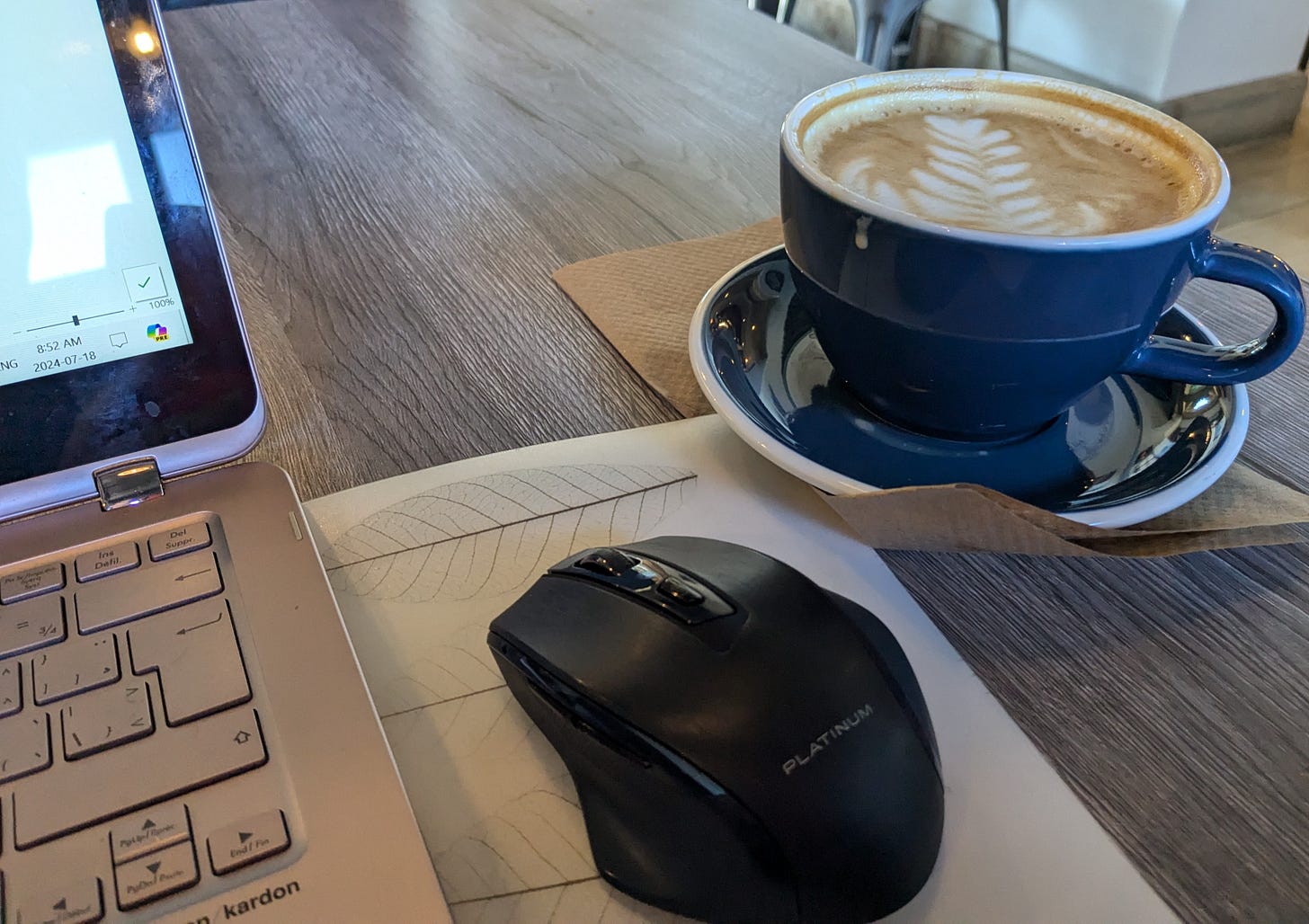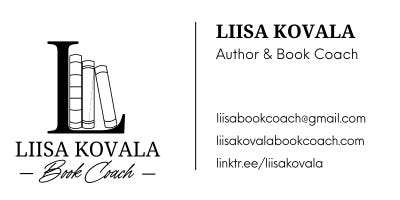My Mother the Beta Reader
From book idea to publication and beyond.
Happy Saturday! In today’s newsletter you’ll learn:
📚 Why I chose my mother to beta read
📝 How she beta read for me
☞A few suggestions for beta readers
In anticipation (I remained hopeful) of my manuscript being accepted by my publisher (it was), I decided to ask my mother to read and comment on it. I’ve already had beta readers who gave me excellent feedback on the manuscript after having an editor complete a manuscript evaluation in which I changed the structure completely. But why ask my mother to read it? Is it because I needed someone to say it’s wonderful? Maybe.
My 91-year-old mom, Anja, has an amazing memory for names and places and events of her past. Whenever I can’t remember someone’s name, or how we’re connected, she can usually tell me details about the person and their family members. She is also an avid reader and loves historical fiction. While writing Surviving Stutthof, she read every draft of the book, and once remarked that she was surprised about how many drafts it took to get a manuscript finished. She wasn’t kidding. Recently, she expressed concern that she’d never see my next book published. Don’t worry, she’s fine. This is the language I’ve heard about aging and death since I was in my early teens. But that got me thinking. There’s a lot of content in this novel that I mined from her history growing up in Wanup, a predominantly Finnish farming community. She was a perfect beta reader.
In the Donovan novel, I’m writing about a time period in the 1930s that she is closer to than anyone I know. My mother Anja was born on June 21, 1933—the longest day of the year as she likes to remind me—in Wanup, Ontario, now part of Greater Sudbury, a small rural area just outside the city proper. While she was very young during the Great Depression, she has vivid memories of that time and the area. There were many Finnish families, a one-room schoolhouse, and a real sense of community.
Her role in reading this version of the manuscript was to tell me if my narrative in the Wanup sections rang true. Although I’ve done much research about the Finns in Wanup and logging on the Wanapitei River, research can tell you only so much. Memories can fill in the little gaps that research misses entirely, including day-to-day life, relationships with community members, and details about farm life.
As a beta reader, I asked her to focus on those sections and let me know if there was anything that needed to be revised. We had a long discussion about the novel and her thoughts made me feel confident I hadn’t misrepresented anything. Better than that, she thought it was a wonderful book and assured me that she had not solved the mystery of it by the end. As historical fiction with a mystery at its centre, that was a win for me.
Do I recommend family members as beta readers? In general, no. In fact, I had several other beta readers, both avid readers and professional writers, who gave me other kinds of feedback. But if you have someone in your life who can give you real and helpful feedback, someone who can provide a perspective that others can’t, then yes. By all means. Ask your mom.
Unlike the unstable mother in my novel, my mother has always been my biggest supporter. I know she will tell me the truth as she knows it and it will give me confidence in what I’ve written. Writing about places and history is never an exercise in getting it perfect, but it’s nice to get close. And, if my mom likes my book, that’s good enough for me.
Here are a few suggestions for beta readers
Ask specific questions on particular issues
Have the reader focus on a handful of items
Remind them they aren’t reading for grammar, spelling, or punctuation (that happens later)
Have a few open-ended questions for overall impressions
Ask for both positive and critical feedback
Consider beta reader feedback, but you’re the writer and can ultimately decide
If someone is taking time to read your whole manuscript, take their thoughts seriously. You may not change everything based on the feedback, but their thoughts will help you clarify why you made particular choices, or they will help you rethink your choices.
Do you use beta readers? Do you have family members read your unpublished work?
📚 Upcoming Offerings:
Women Writing Circle
If you are looking for accountability, support, encouragement, and community, join the Women Writing Circle. We meet on the second and fourth Monday of the month from 6:30-8:00 PM EST starting January 13, 2025. This offering is for paid subscribers. You can learn more about the benefits of subscribing here. I’m looking forward to creating a magical writing community with you, and getting some pages written in 2025.
Spring Group Book Coaching
Teachers, join my 8-week Spring Group Book Coaching sessions especially designed for teachers. You don’t need to have any experience to take part, just an idea for a story that work on developing. In fact, you don’t even need to be a teacher! If you have a work-in-progress, these strategies will work for you, too. You have a story to write and I can help you write it.
Happy writing!








I DO use beta readers and I love to read as a beta reader, too!
But no family—my sister is supportive and helped proof Making Up the Gods, but I’m not sure any of my brothers cracked open my novel! (They all bought it out of solidarity 😊 )
It’s really interesting what different people see and how they contribute!